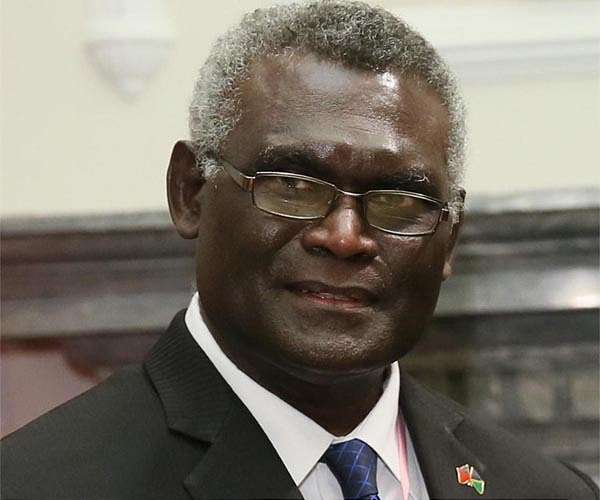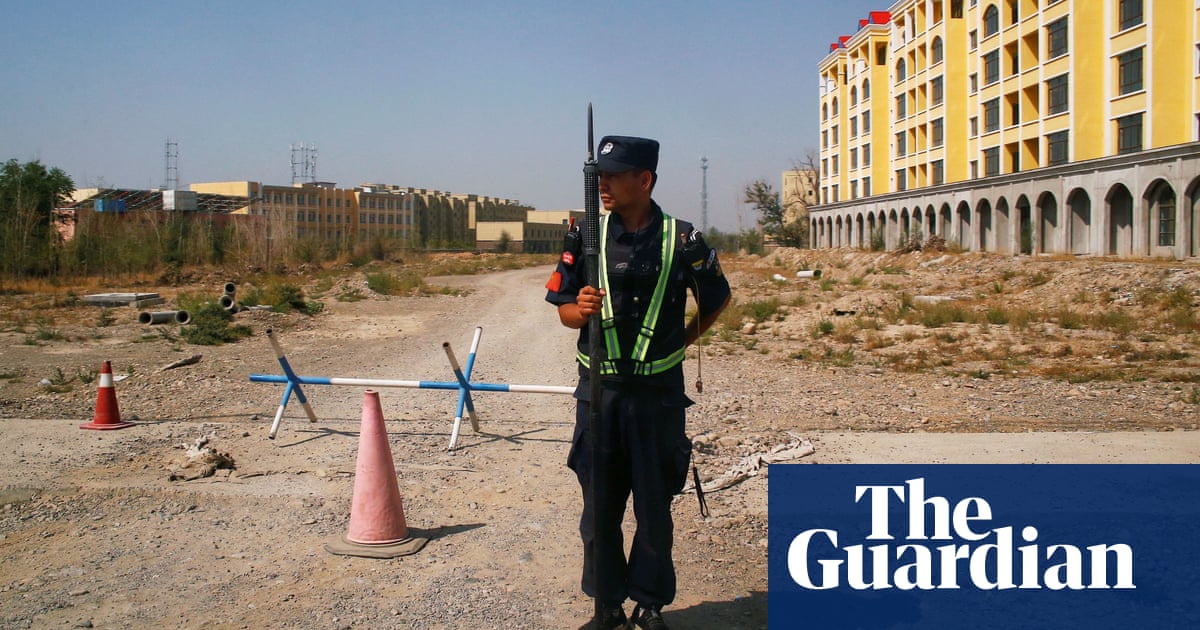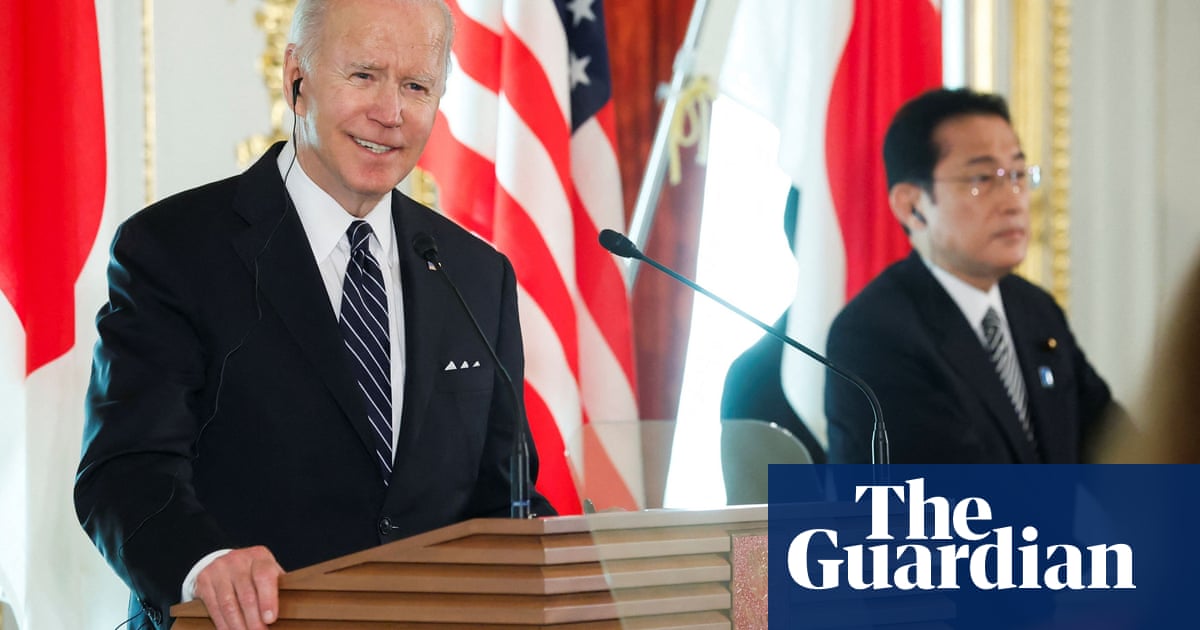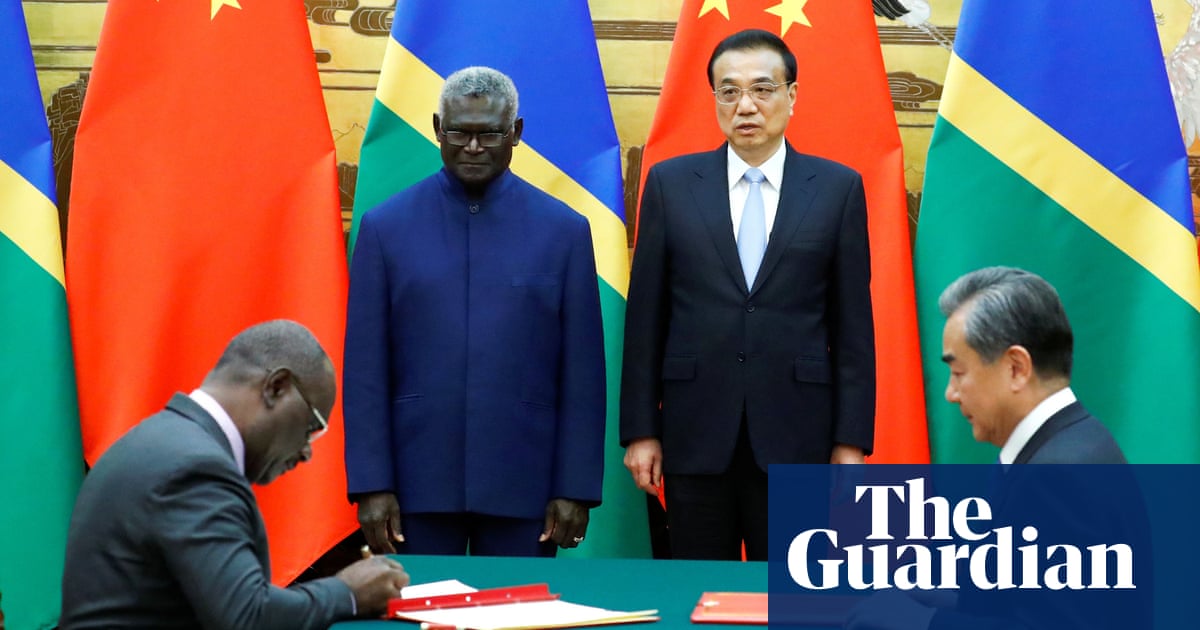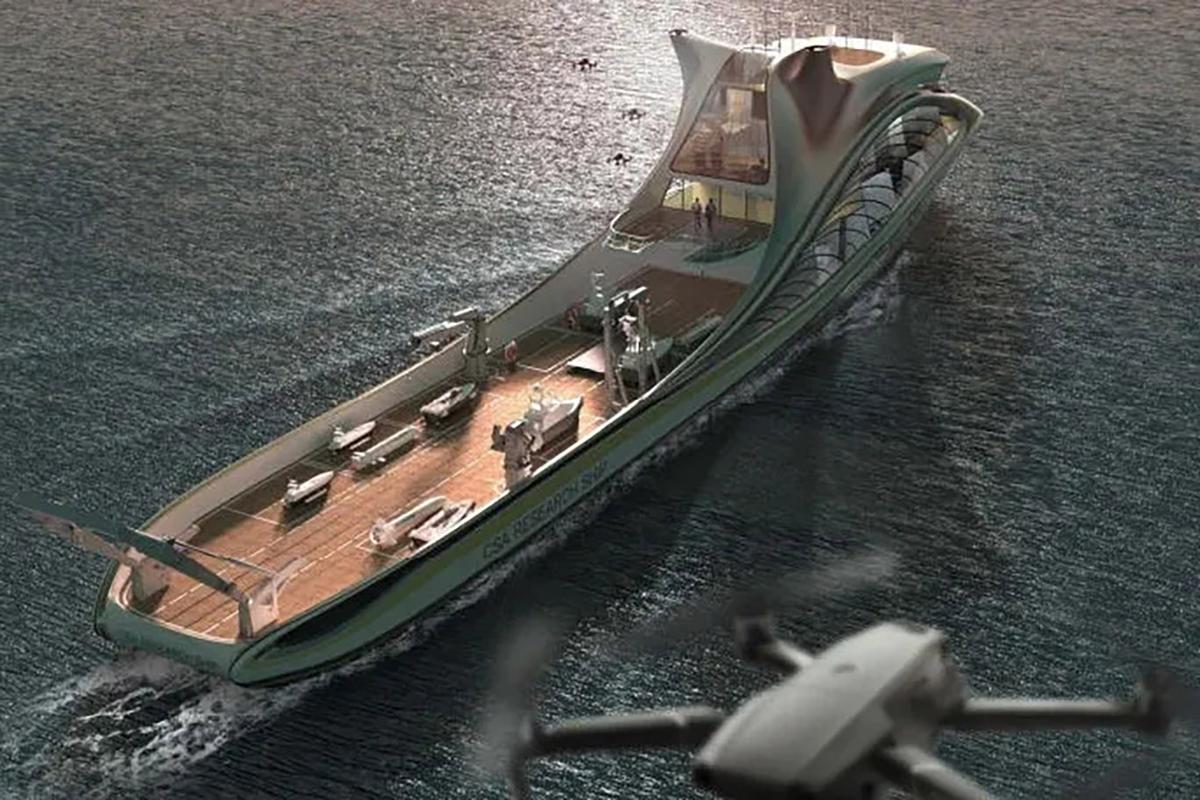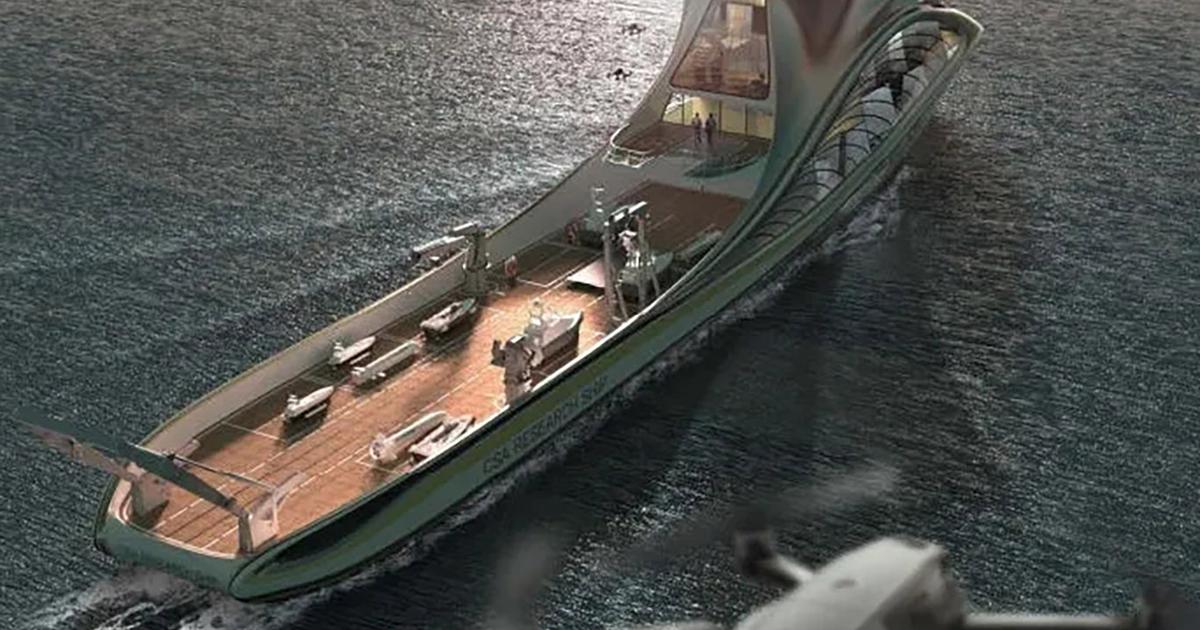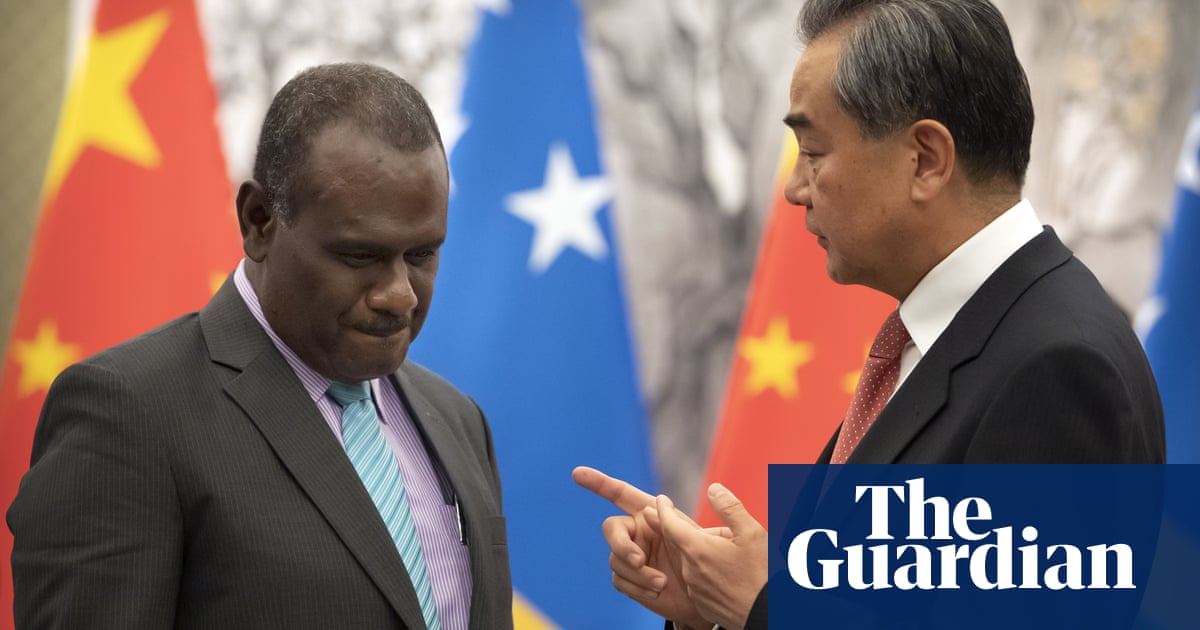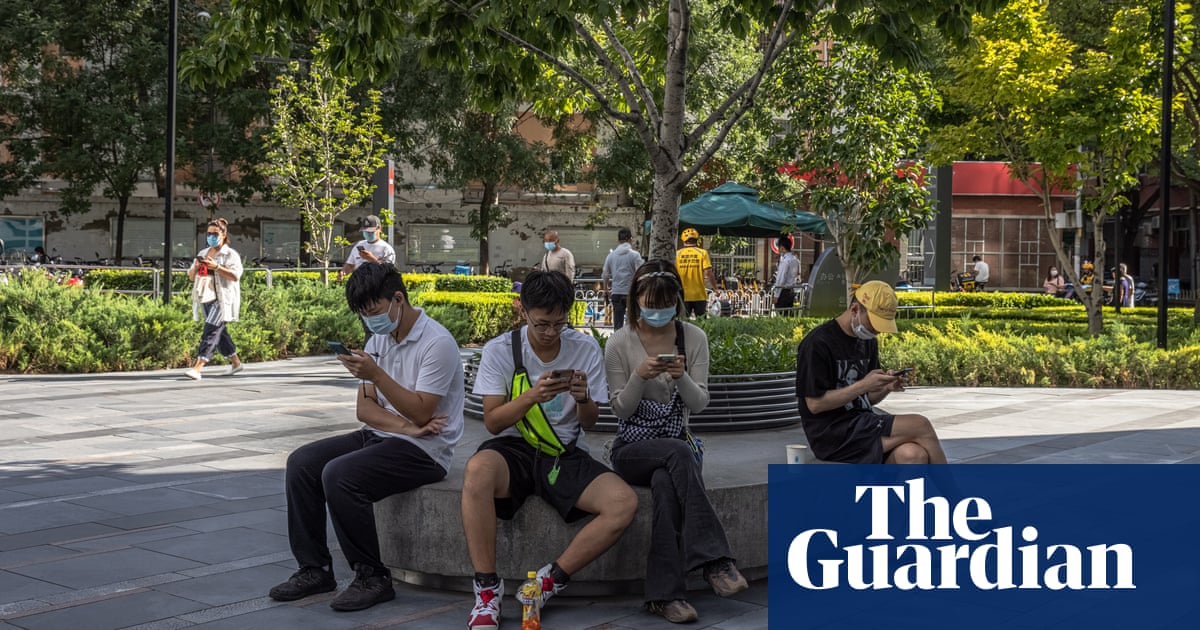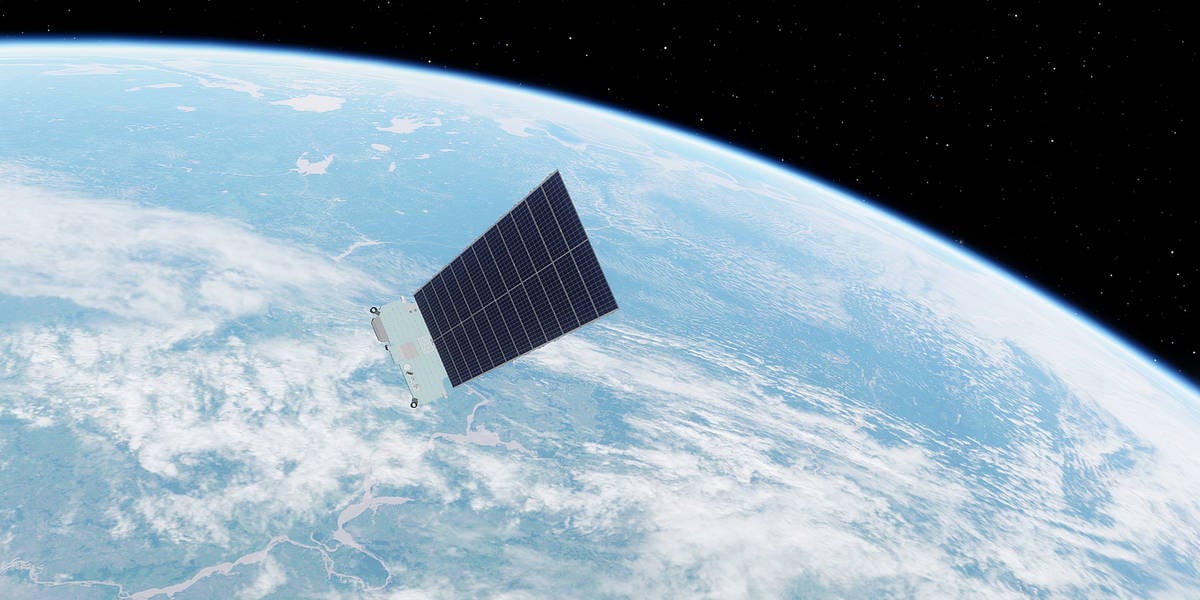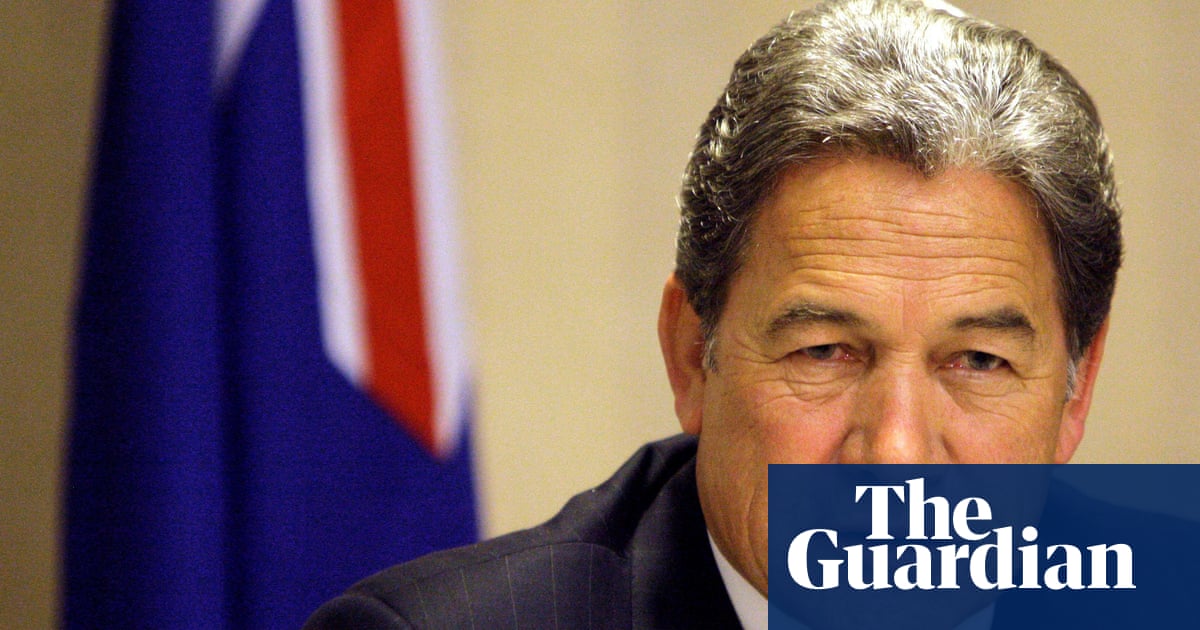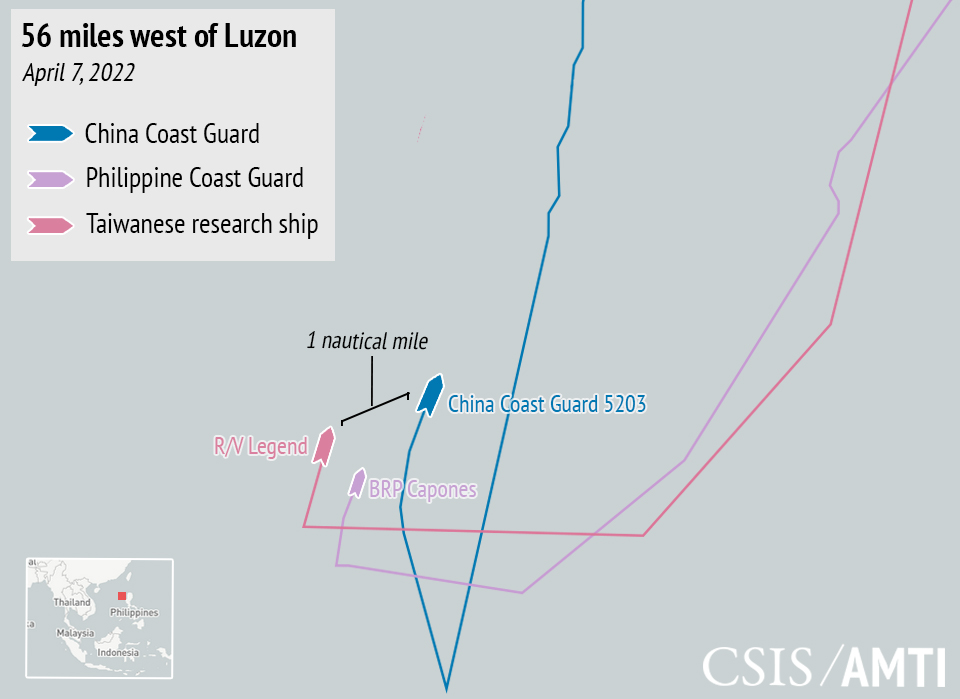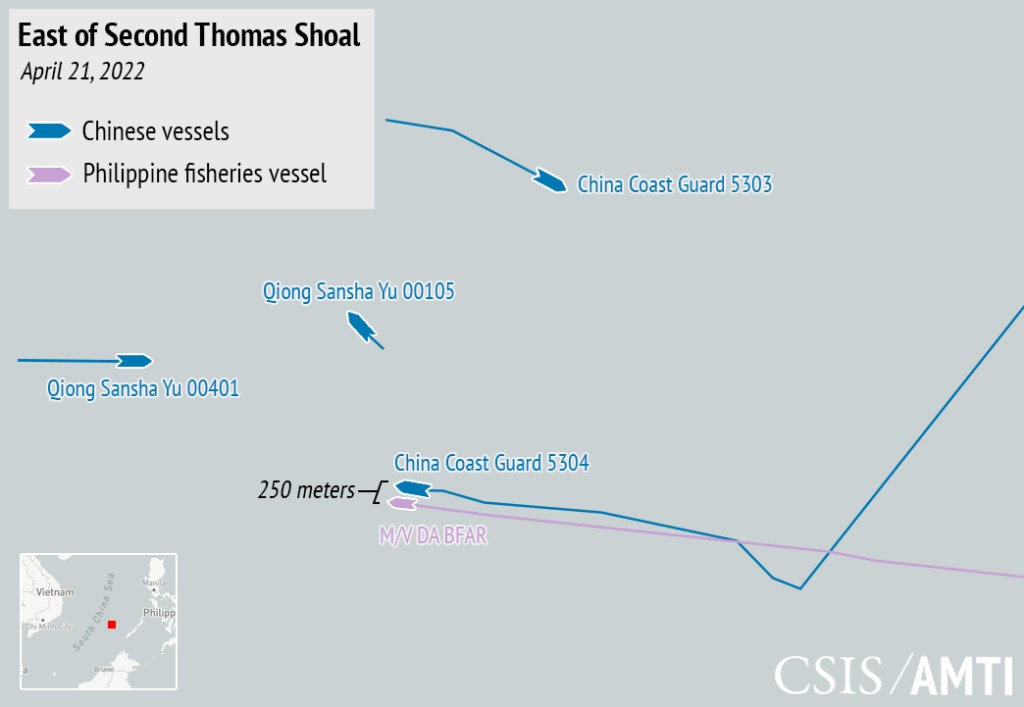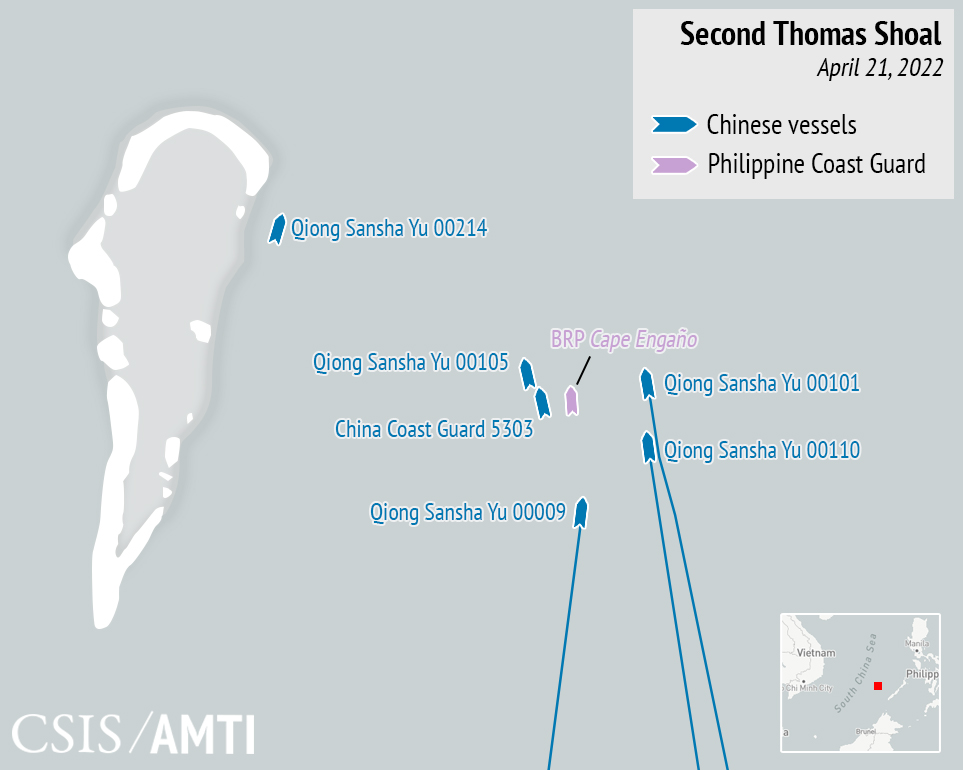The Vatican has voiced concern after Hong Kong’s national security police arrested 90-year-old Cardinal Joseph Zen, one of Asia’s most senior and outspoken Catholic clerics.
Zen, a former bishop of Hong Kong, was arrested along with the singer and actor Denise Ho, the lawyer Margaret Ng, and the scholar Hui Po-keung.
“The Holy See has learnt the news of Cardinal Zen’s arrest with concern and is following the development of the situation very closely,” the Vatican said in a statement.
Local reports earlier suggested the arrests were related to their roles as trustees of the 612 Humanitarian Relief Fund, which provided legal aid and other financial help to people who took part in the 2019 pro-democracy protests that were quashed by security forces.
Hui was arrested at the airport as he was about to board a flight to Germany on Tuesday, local media reported. Another trustee, Cyd Ho, is already in jail for her alleged involvement in illegal assemblies.
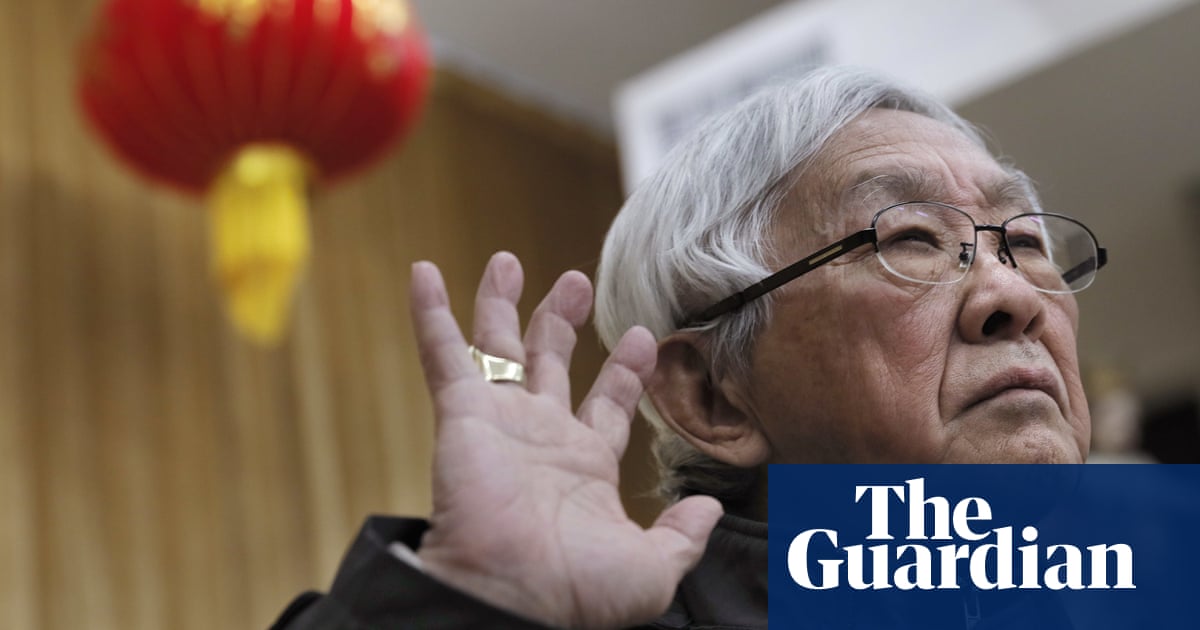
Hong Kong: Vatican ‘concerned’ over arrest of Cardinal Joseph Zen
Prominent Catholic cleric, 90, detained with three others linked to disbanded charity for protesters



